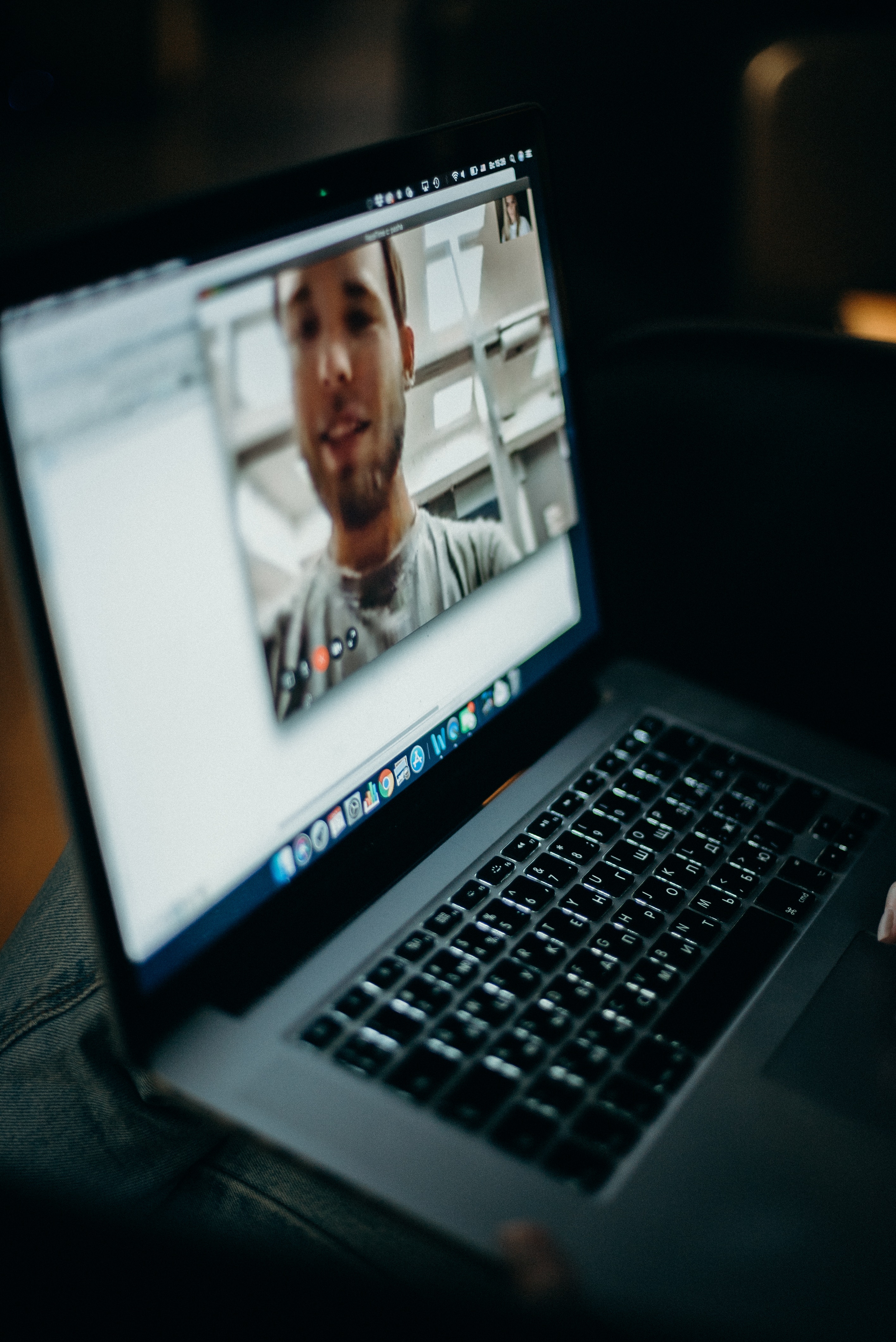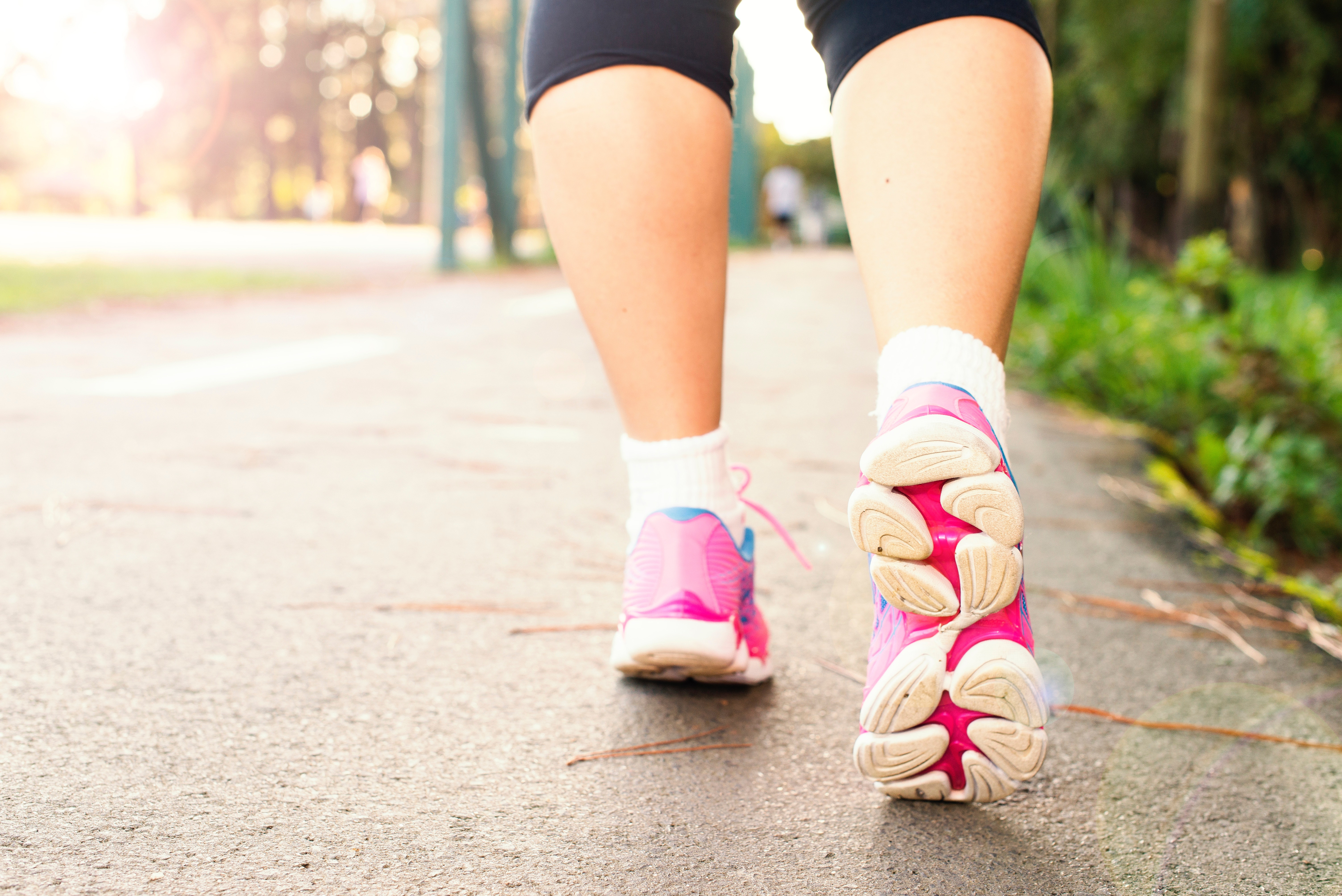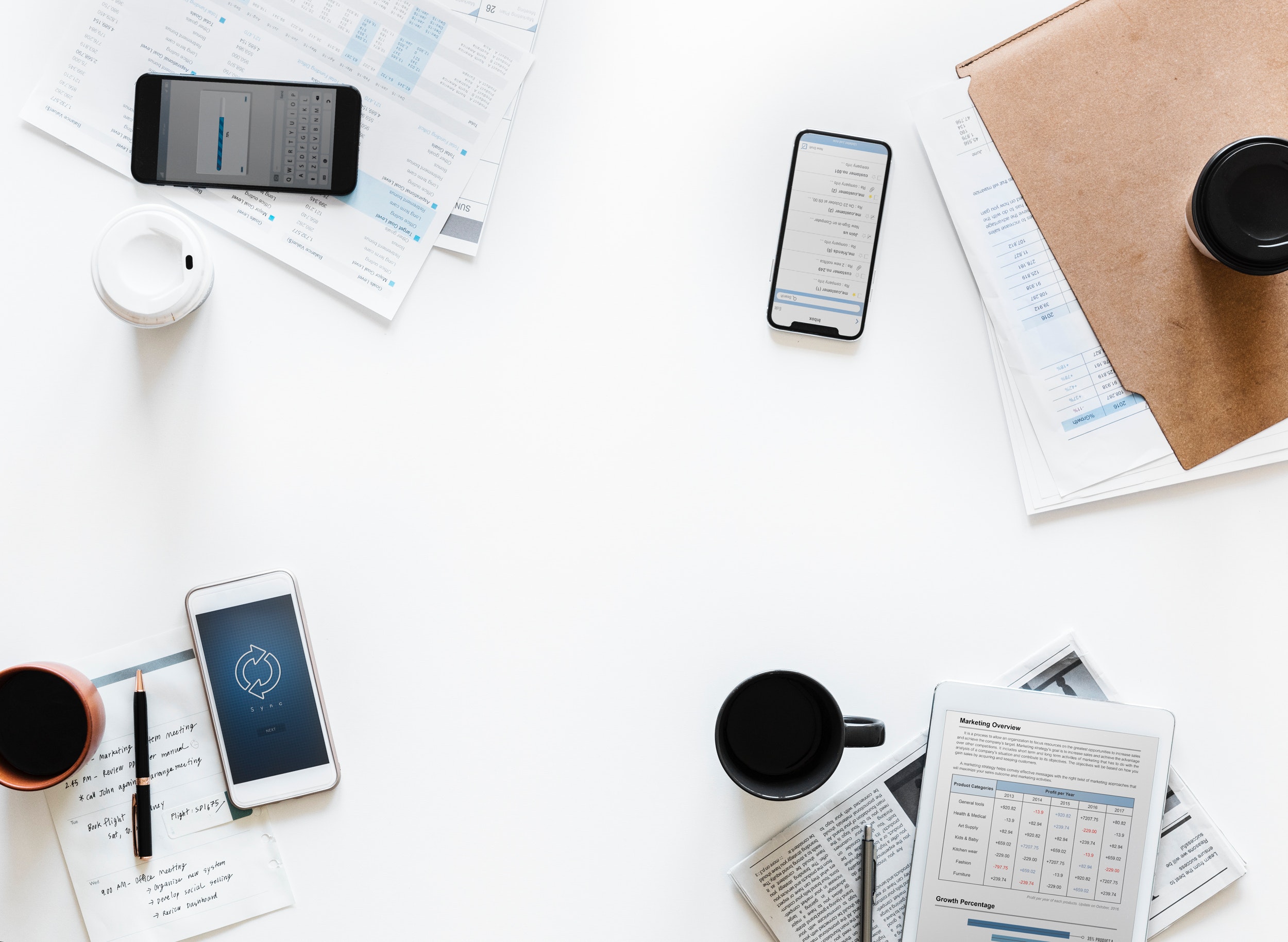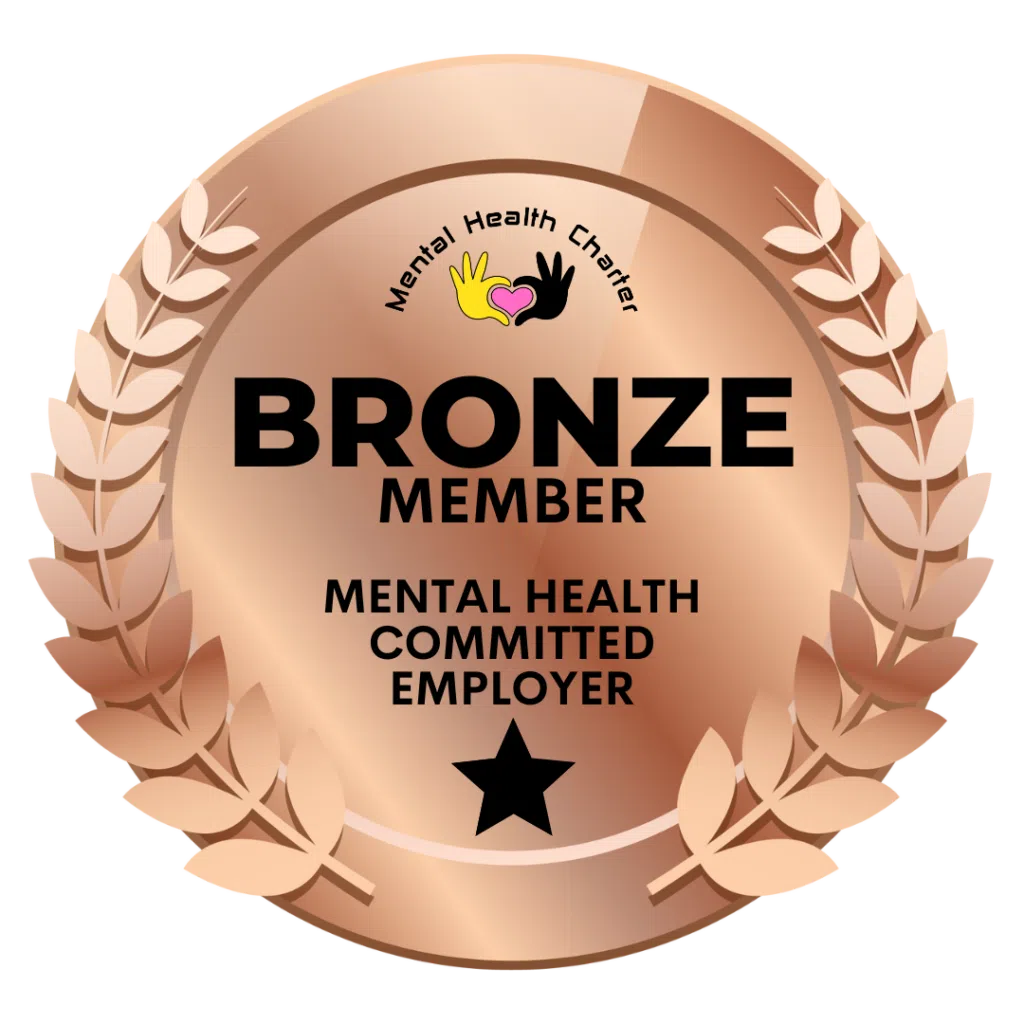While some of us may stay physically well through self-isolation and social distancing during this unprecedented period, a potential side effect of these practices is a negative impact on our own mental health.
New research from the Mental Health Foundation has revealed that more than 60% of adults had felt anxious or worried as a result of the Coronavirus pandemic – and that was before the UK went into lockdown. Although not everyone will be affected in the same way, this situation is new to most of us and people may find themselves struggling in ways they haven’t before.
With that in mind, we wanted to share some advice that we’ve gathered from various sources around how to look after ourselves during the coming weeks. We hope that this might be useful for you, or to share with others.
- Keep in a routine
Structure in your day can help you practice good boundaries for working at home to ensure you have time for rest and relaxation. Professor of Public Health Linda Bauld explained on BBC Debate Night earlier this month that this can include things such as waking up to an alarm like a normal working day, getting ready, checking in with friends or family, or taking a morning walk.
- Speak to people each day
Make the most of video calls, FaceTime, chat apps or a traditional phone call to socially engage with friends and family virtually. The same goes for checking in with and working with colleagues when we’re based at home. While we may not be able to meet them physically, the social interaction can boost our mood and keep us connected to the outside world.
- Get some exercise and fresh air
Staying active is a great way to refresh the mind, distract ourselves momentarily from a difficult situation and release endorphins to keep us feeling positive. It’s also a “classic anxiety reduction strategy” according to Dr Ken Duckworth, medical director of National Alliance on Mental Illness.
- Monitor your media intake
It’s very easy with a lot going on and so many news sources to stay constantly connected to the news, however many are finding that negativity in the news is causing anxiety or distress. The World Health Organisation recommends that we seek updates and guidance at specific times of the day and avoid listening to or following rumours that might make us feel uncomfortable.
- Eat a balanced diet to boost your immune system
When we’re all at home we may be led to feel bored and reach for foods or substances that can bring comfort, however in excess these may make you feel worse. By monitoring our intake and being aware of its impact, we can then alter it if we feel necessary. Try to have a balanced lifestyle even when we are limited to what we can do.
- Take regular breaks
We’re generally used to getting up and making a drink, attending meetings or heading out for a break during the day. At home there’s less things to break up our working pattern and screen time, so make an effort to have regular breaks to give your mind (and your eyes!) a rest.
- Practice positive thinking
There’s a lot around us that can bring us down at the moment. It may sound simple but focusing on positivity – whether that’s reflecting on things you’re grateful for each day or intentionally thinking about something that’s made you happy recently – helps us to channel our thoughts so that we remember things to stay happy about.
If you feel you need additional support, we recommend you seek further advice or help. If you’re concerned about symptoms that you or people you know are experiencing, visit the NHS website for more details on Coronavirus, or to access resources to support your mental health and wellbeing.
Other charities such as Mind and Time To Change also have a wealth of resources for those experiencing mental health problems or looking to support a struggling friend or family member.
Stay safe – look after yourselves and your community!
The brookscomm team










